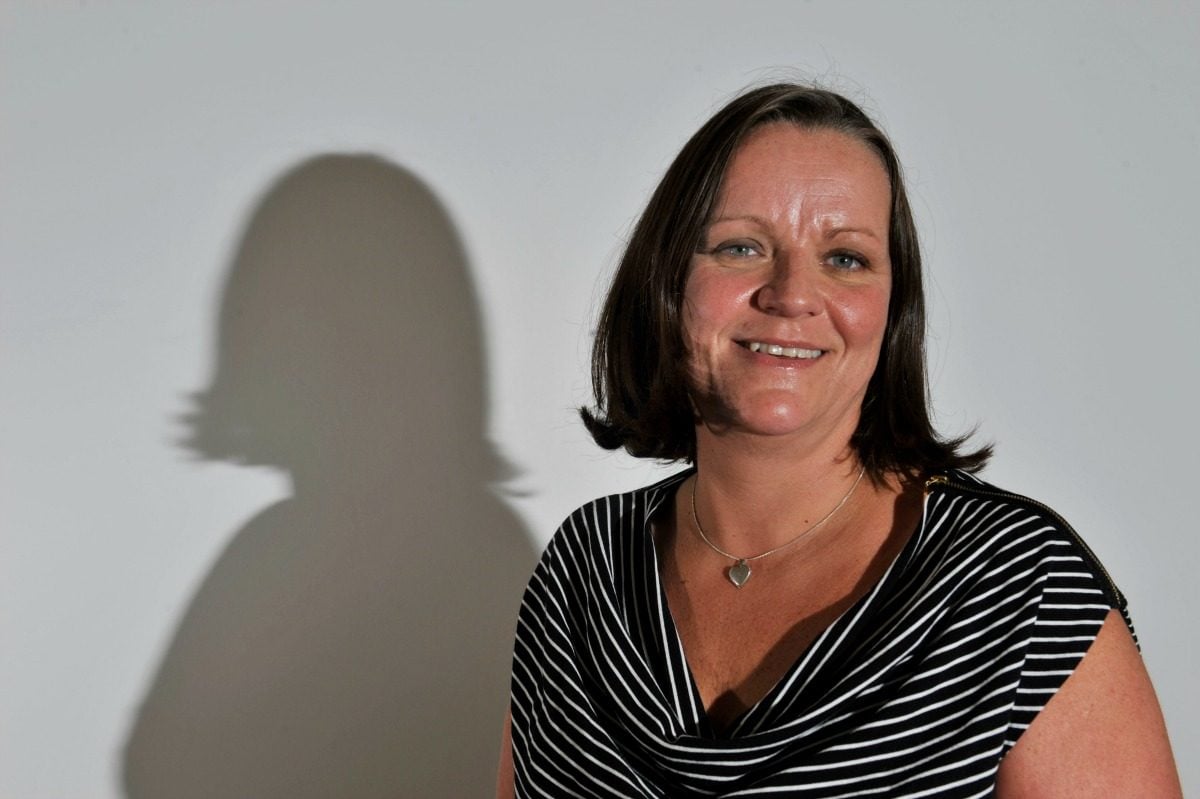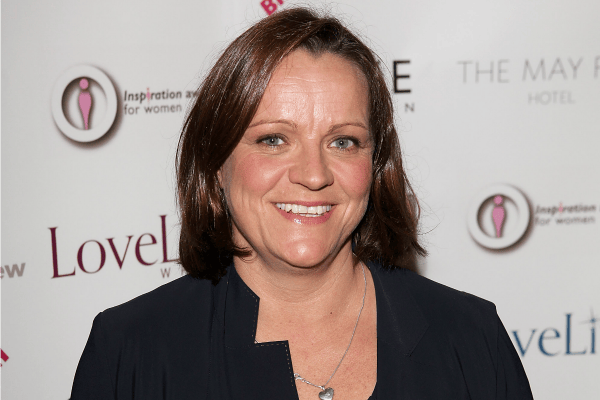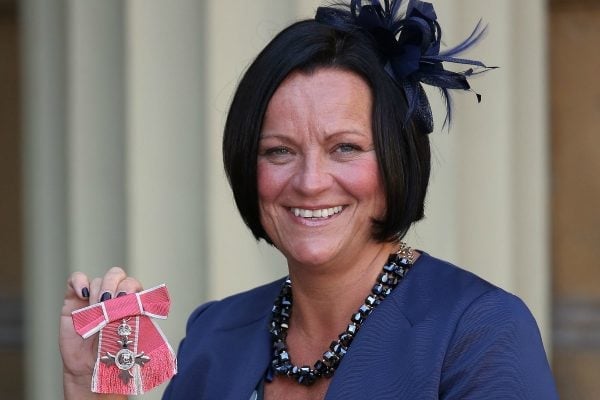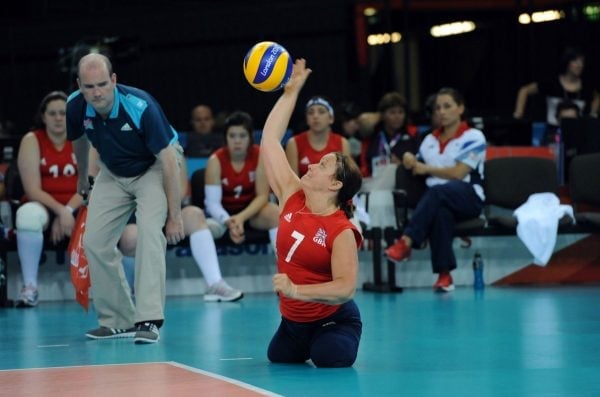
On July 7, 2005, Martine Wright was running late for work.
The previous evening she’d been celebrating with colleagues after hearing the news that the city of London, where she’d been born and bred, would host the 2012 Olympic and Paralympic Games.
“I pressed my snooze button and then ran for my train,” Martine told fitness influencer Alice Liveing on her podcast, Give Me Strength.
She explains that she had to change her route that morning due to signal failures on her regular train. So she ran up the escalator, slightly hungover, and jumped on the circle line train that was pulling in.
“I sat there and put my head in the paper, reading everything about what was going to happen in 2012 with the Olympics and Paralympics coming to London,” she says. “I was just reading every single inch of this paper… I remember thinking, ‘I’ve got to get tickets to this, I’ve got to get tickets.'”
She paid no heed to her fellow passengers.
At exactly 8.49am, as the train was heading towards Aldgate, there was an explosion.
Martine didn’t know it then, but a terrorist standing a few feet away had detonated a suicide bomb. It was one of four that would go off that day in the city, ultimately killing 52 people. The attacks, of course, became known as the ‘7/7 bombings’.
“I just thought it was a crash,” Martine says. “I can’t remember any sound… but I remember a big, white flash in front of my eyes.”



